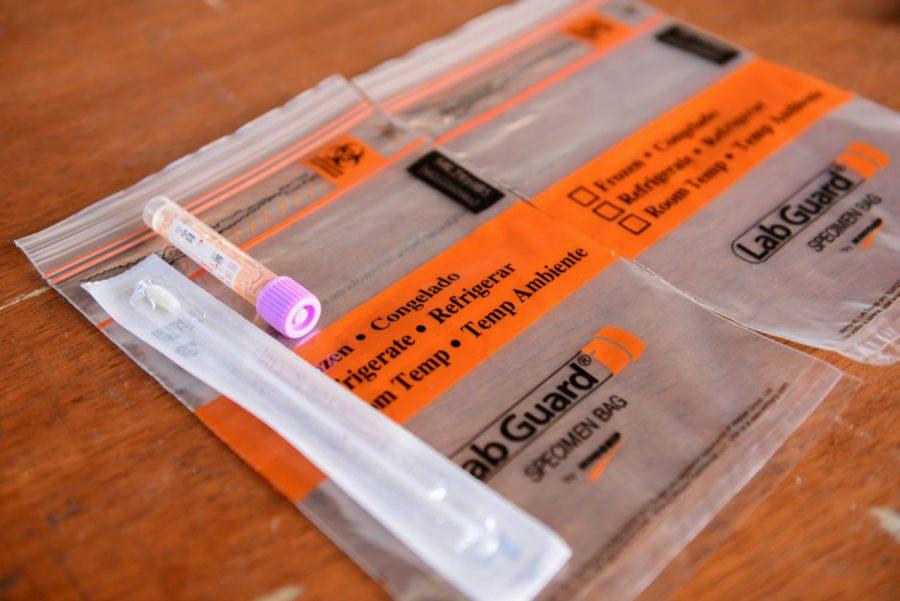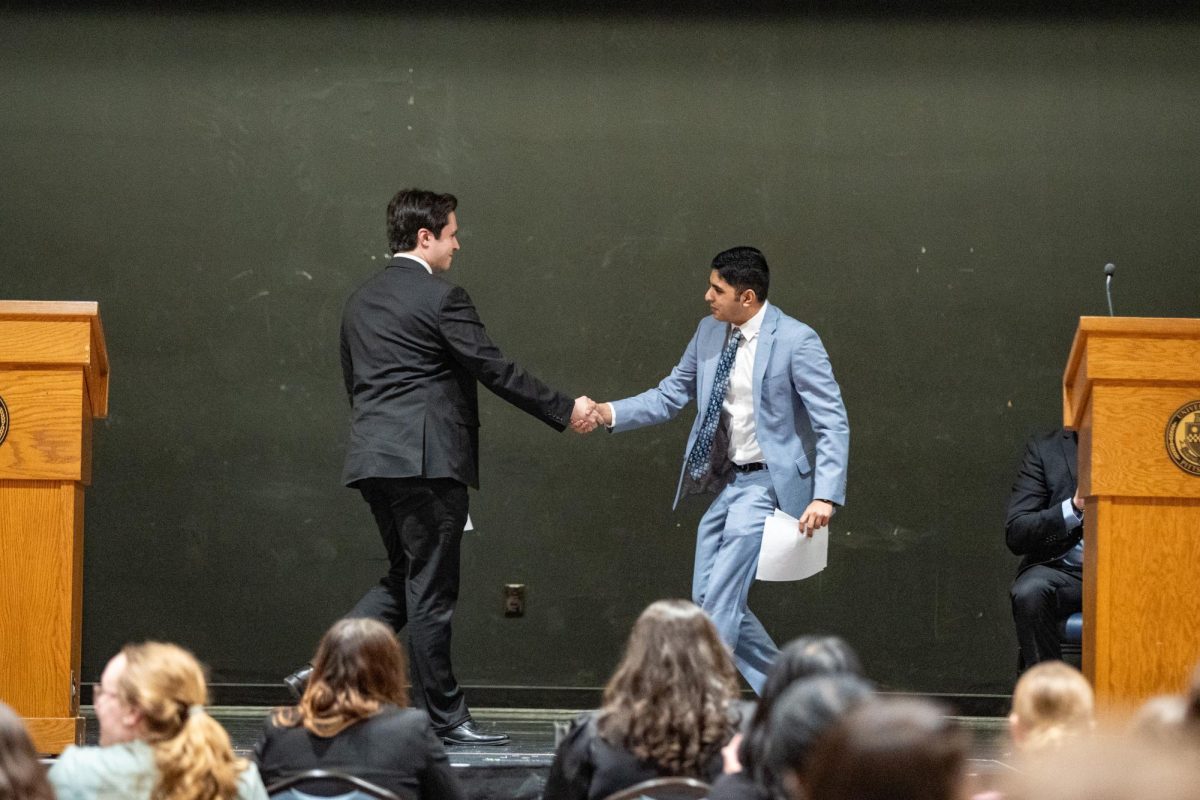Pitt adds 26 COVID-19 cases since Tuesday
January 22, 2021
Pitt added 26 new COVID-19 cases, composed of 24 students and two employees, between Tuesday and Thursday, with 32 students currently in isolation. The University’s previous case report, covering last Friday to Monday, included nine cases.
This is the spring semester’s second case report and arrives after the Allegheny County Health Department and state health officials have continued to report soaring case numbers. According to hospital data compiled by The New York Times, around 87% of ICU beds in the Pittsburgh area are currently occupied, compared with 81% statewide and 79% nationally. UPMC Shadyside is at 102% capacity and has no ICU beds remaining.
Pitt’s COVID-19 Medical Response Office said in a Friday evening email that the five-day moving average of positive coronavirus cases is “increasing slightly” at the Pittsburgh campus, but that the five-day moving average for faculty and staff is “low.” It said this indicates “that we are starting to see more positive cases as students begin to return to the region.”
The CMRO said earlier this month that students living on campus can plan to move into their dorms beginning in late January on one of four dates — Jan. 29, Jan. 31, Feb. 3 or Feb. 5. The office also released shelter-in-place guidance and testing requirements for students. Faculty and staff also have access to mail-in tests if they meet certain criteria.
The CMRO added that students have ordered nearly 6,000 tests from Quest Diagnostics so far. It said out of 749 processed samples, there have been eight positive tests, which is a prevalence rate of 1%.
“This is encouraging,” the CMRO said. “But still too early to paint an accurate picture of virus prevalence arriving on Pitt campuses.”
Pitt is also partnering with the Allegheny County Health Department to provide vaccinations for up to 800 people next Thursday and Friday at the Petersen Events Center. Students in “clinical-facing positions” who meet Pennsylvania’s Group 1A health care personnel designation will be eligible for a shot.
Pitt is still awaiting approval from the state to be an independent vaccine provider, which would allow the CMRO to provide its own guidelines about what students, faculty and staff are next in line to receive a vaccine based on CDC and ACHD guidance.
The University has had 885 students and 164 employees test positive since June 26, with 853 students and 155 employees recovered thus far.
There are 32 students currently isolated at home or in Pitt’s isolation housing, which is reserved for those who have either a confirmed or suspected COVID-19 infection. Pitt has a total of about 300 isolation beds.
Pitt has implemented a systematic, random testing strategy, where it has said it will test several hundred students each week on Mondays and Wednesdays inside Posvar Hall. Out of 60 students without COVID-19 symptoms randomly tested on Tuesday, none were positive, not changing Pitt’s total prevalence rate of 0.43%. The Student Health Center also now has the capacity to test 300 symptomatic students per day.
The University implemented a variety of new policies due to the pandemic during the spring semester, though some community members questioned whether the safeguards are sufficient. Students will move into dorms in four cohorts, beginning in late January and continuing into early February. They need to have a negative COVID-19 test before moving back to Pittsburgh.
Additionally, students are encouraged to shelter in place at least seven days before moving in. Once on campus, students are required to shelter in place again for at least 10 days or until the CMRO announces that it’s safe to move about campus. Students may attend classes during this time. Pitt has also planned testing of students to monitor the virus’s spread, required students, faculty and staff to complete COVID-19 training and imposed strict penalties for violations of health guidelines.
Kenyon Bonner, the vice provost and dean of students, said student organizations who host a party or event can face suspension, and students hosting large parties can be suspended. Students living on campus who attend large parties can have their housing suspended for the semester, and students living off campus can be switched to persona non grata status, preventing them from entering University buildings or property.



